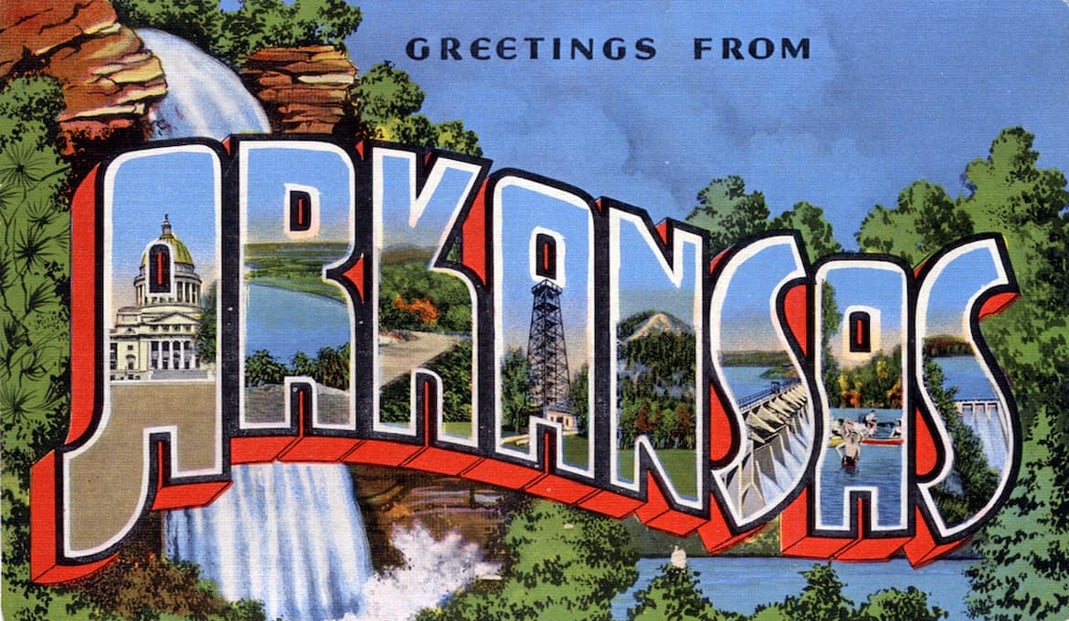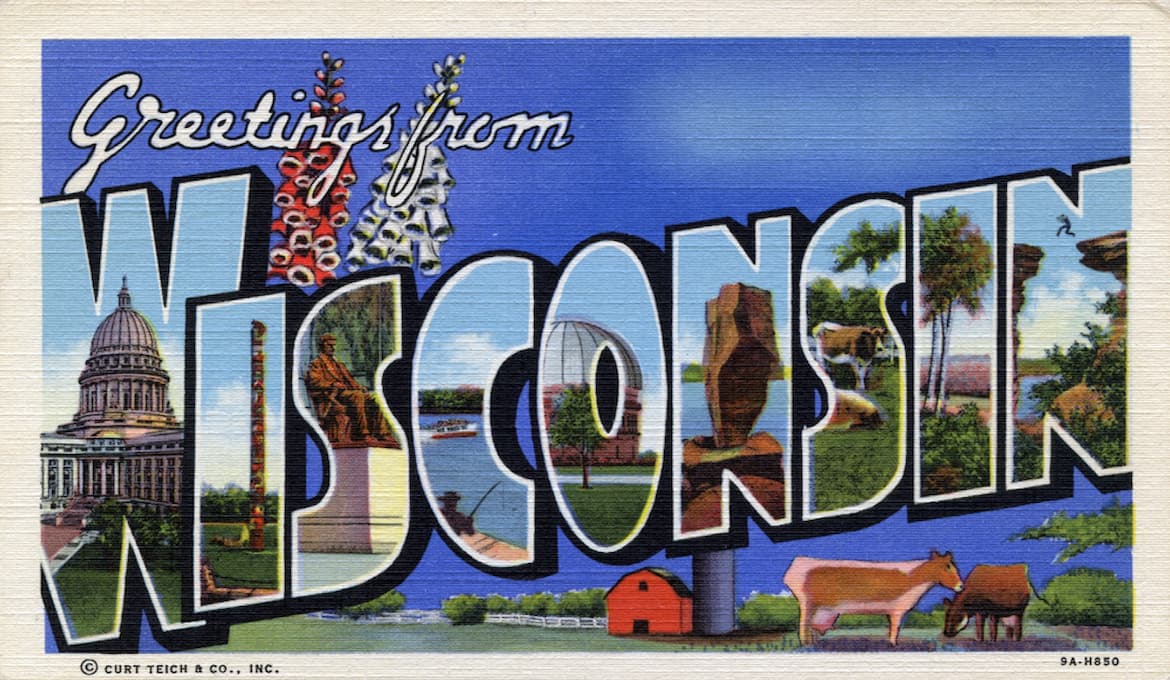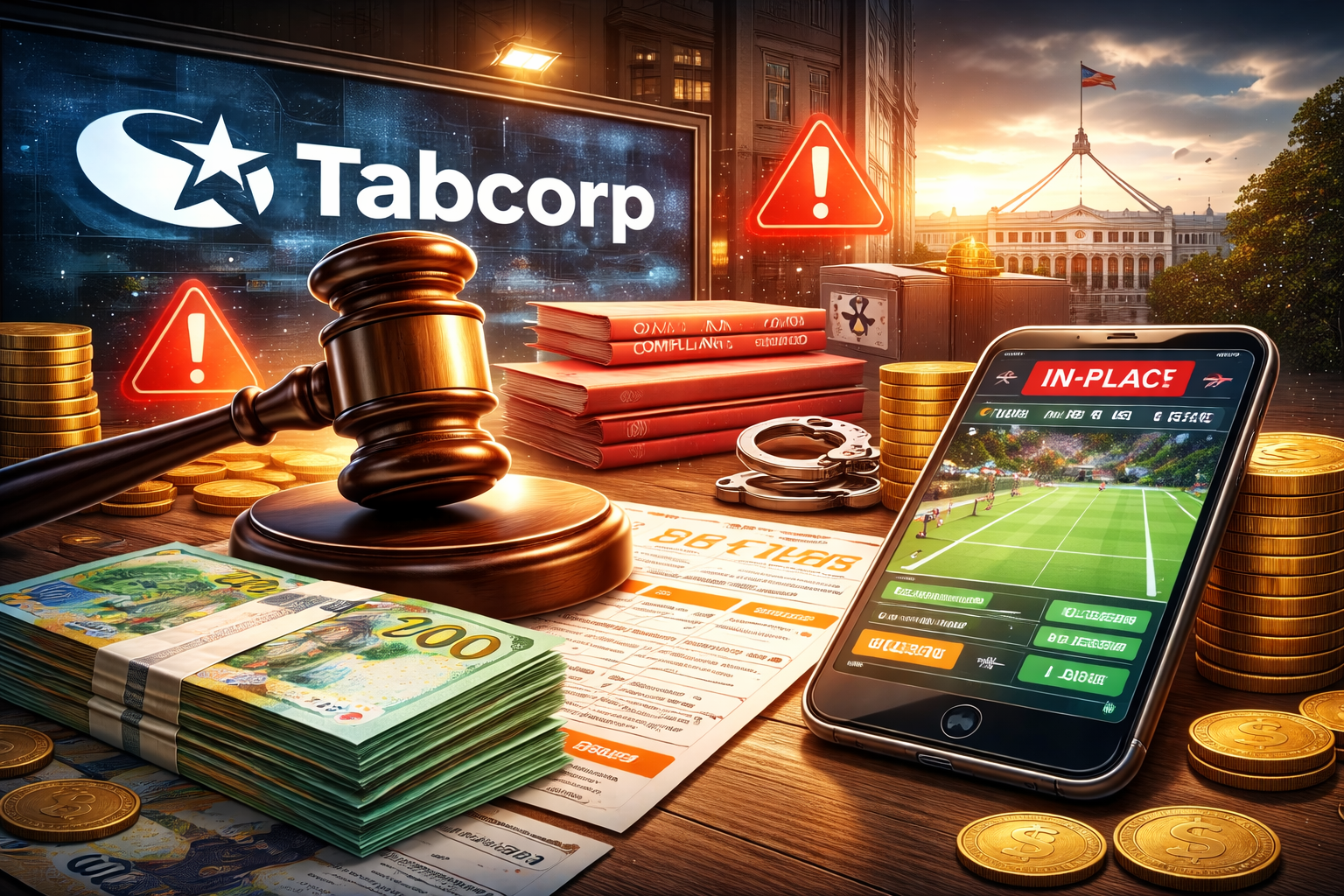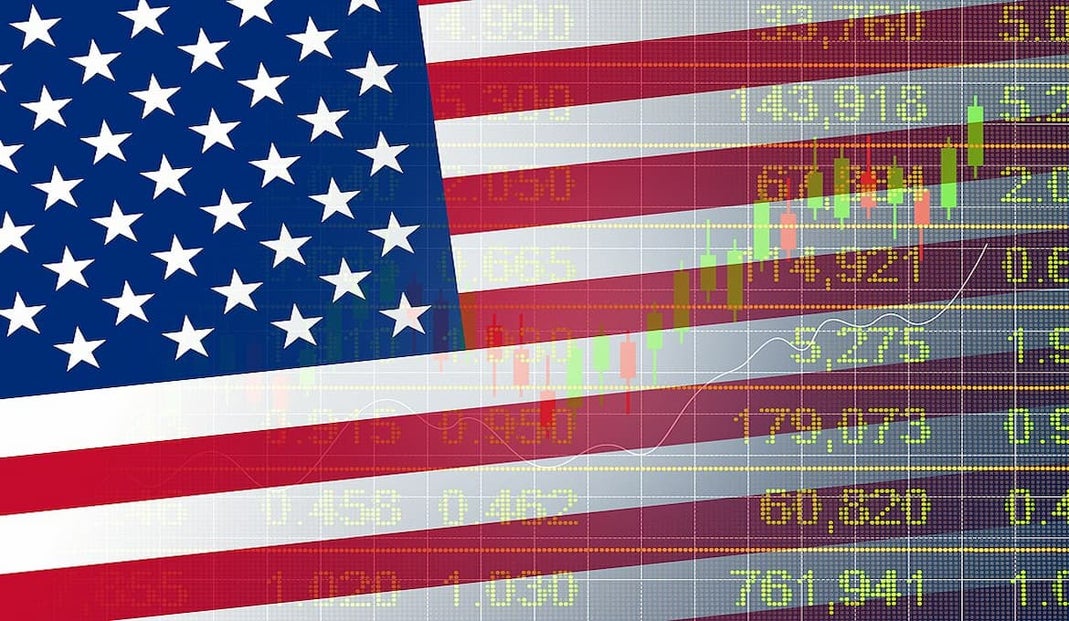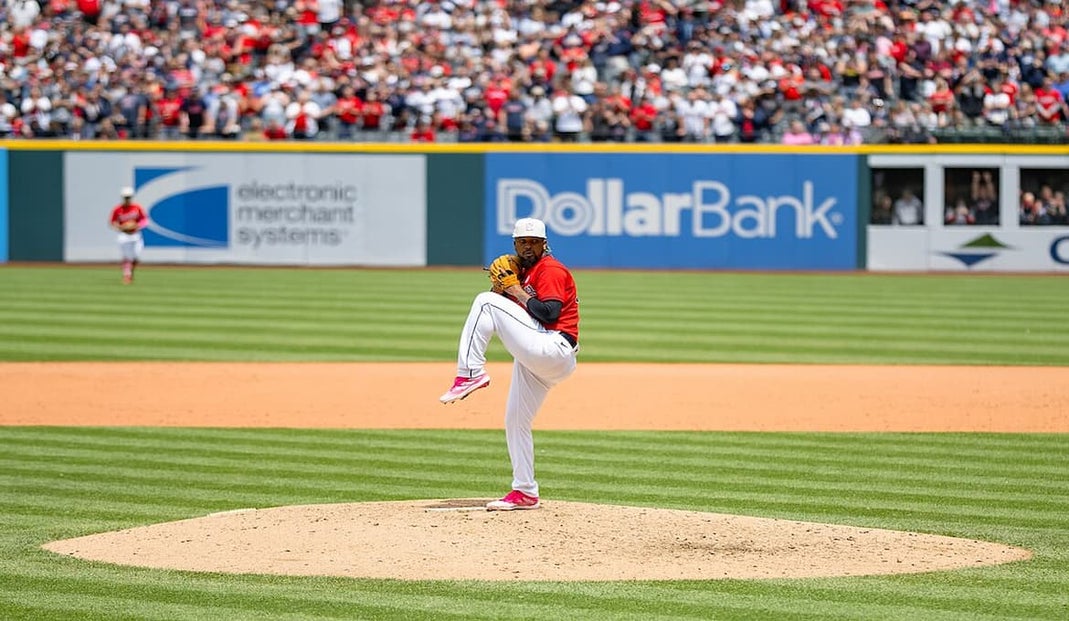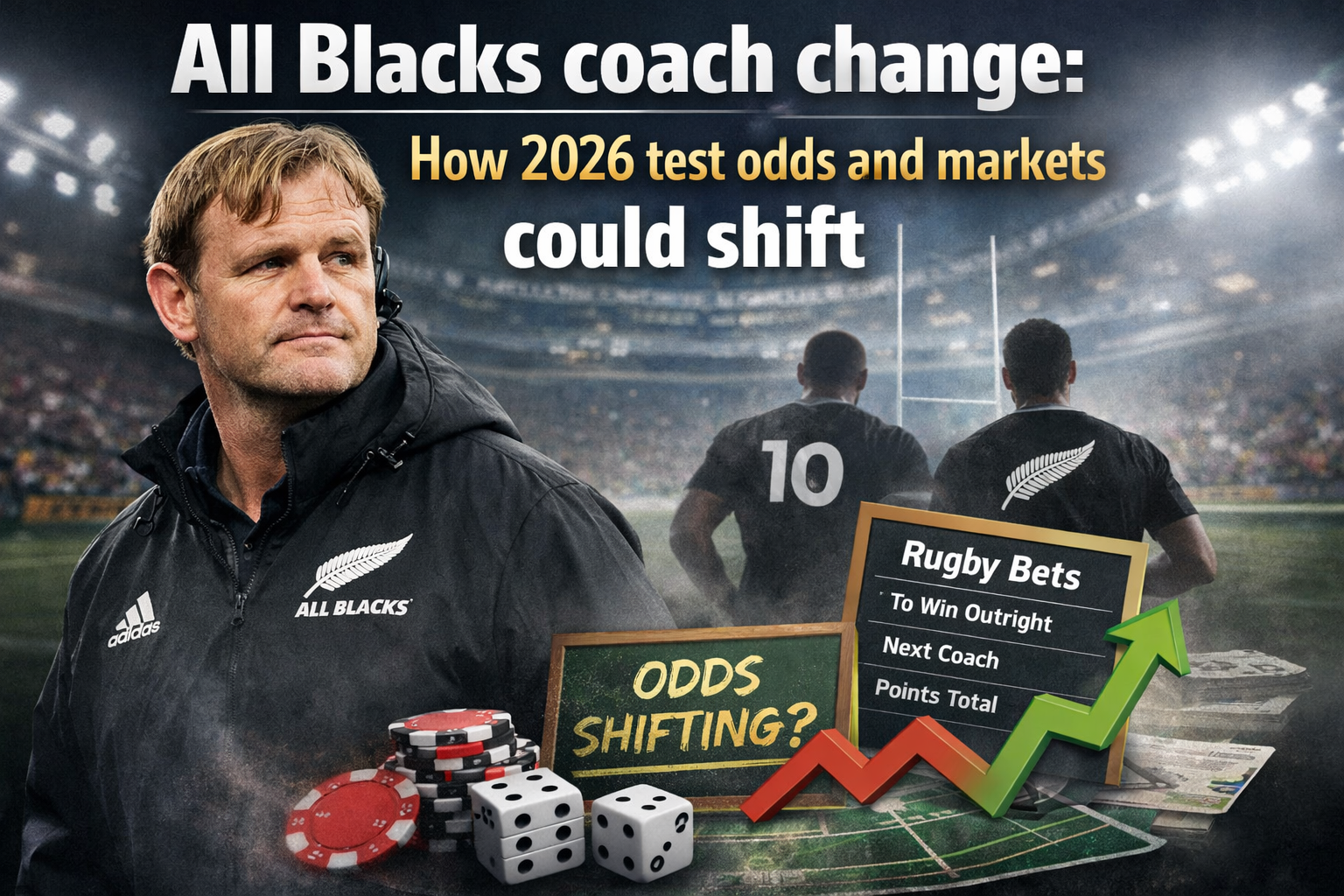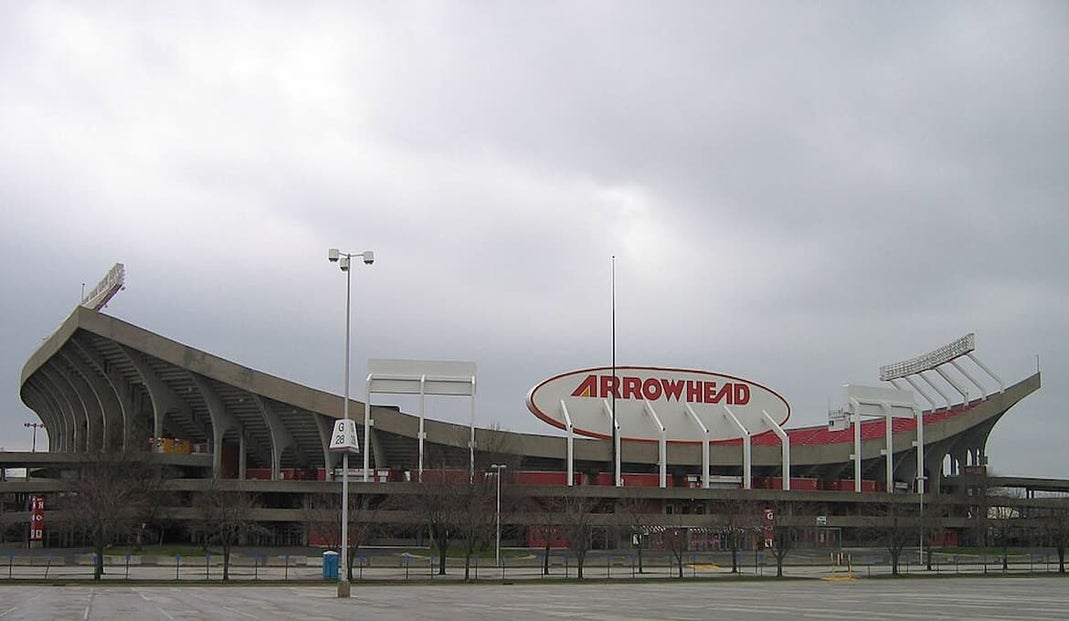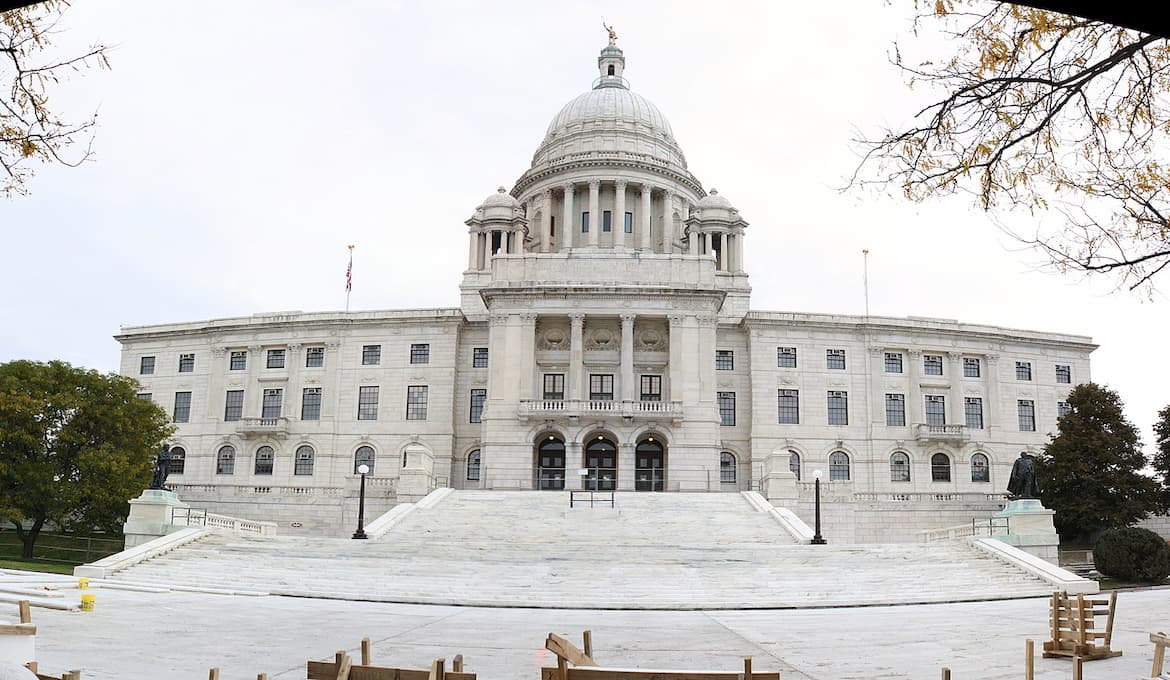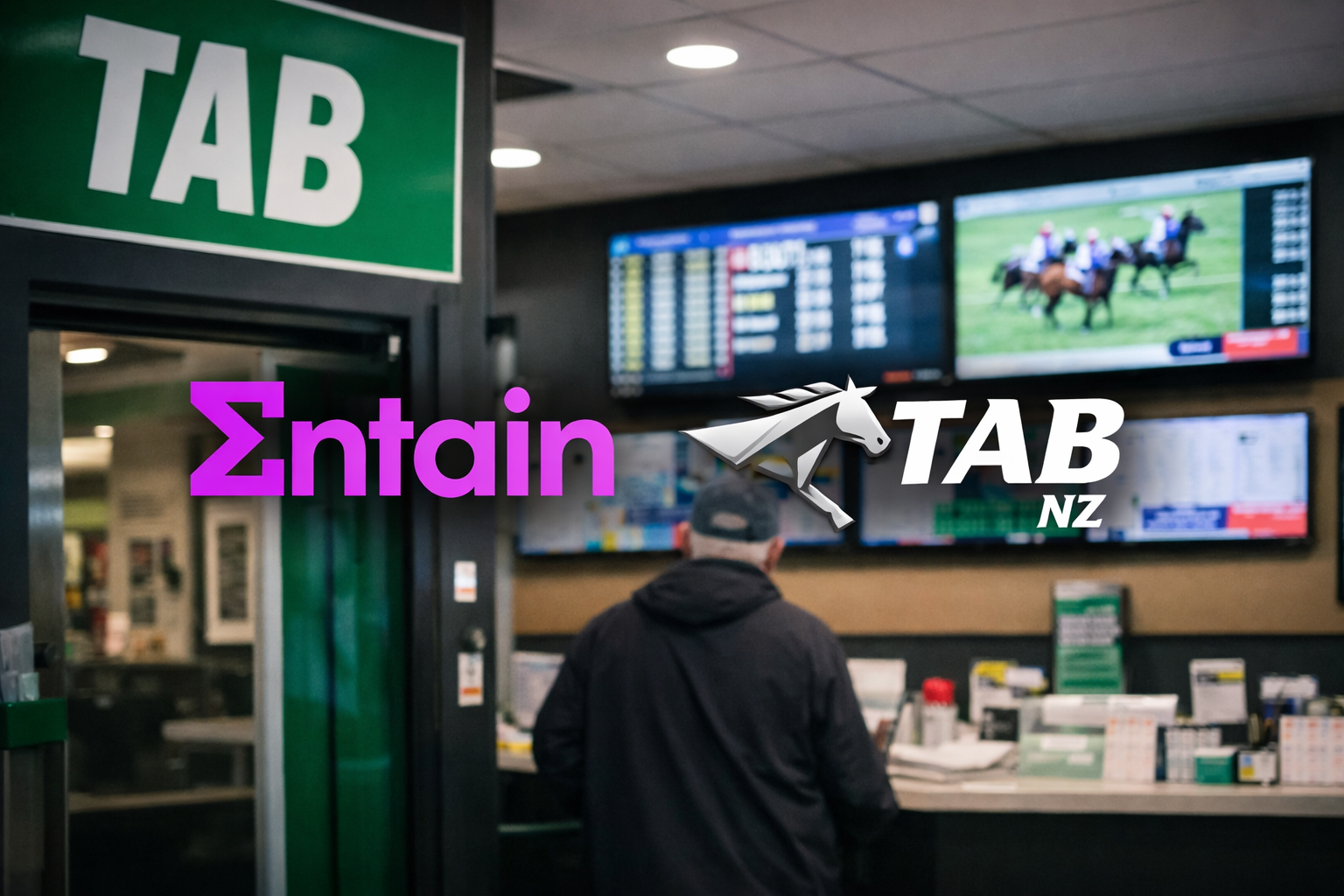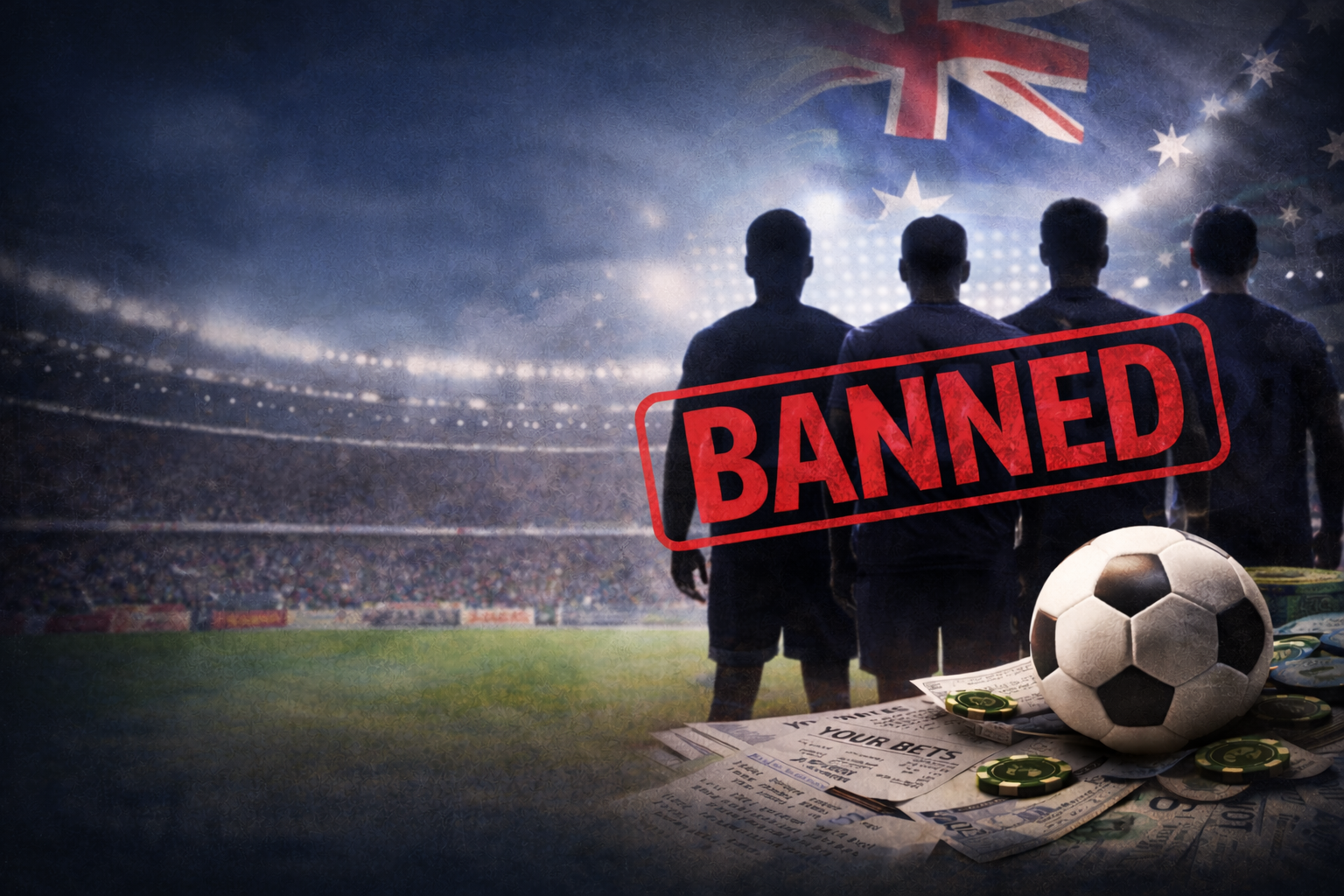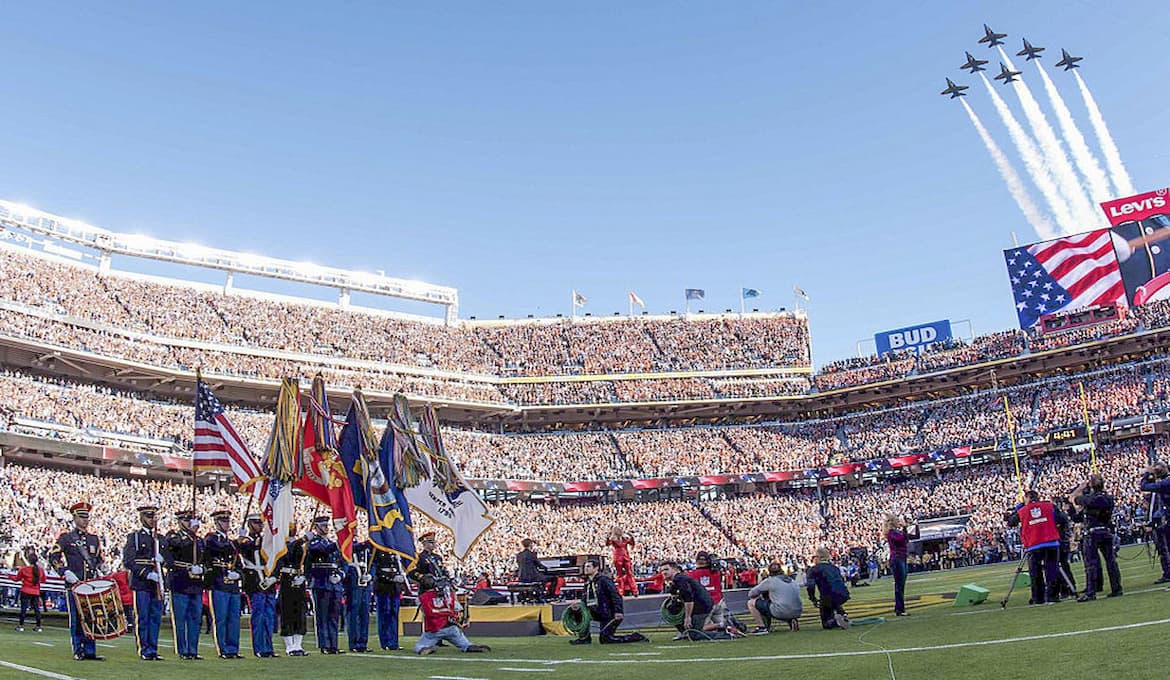Sportsbooks Skewer New Tax
Online sportsbook operators in Illinois have been vocal about the “per bet” tax from the moment it was first introduced. They reached out to bettors in the state to let them know that they would ultimately be the biggest losers from the tax. The effort led to an influx of calls and letters to lawmakers, but not enough to stop the proposal from passing.
After both chambers approved the new tax, the SBA immediately called lawmakers out for the “discriminatory” action and promised a strong response. The group pointed to the calls and emails from bettors, as well as the state’s move to a tiered tax system in 2024. This means operators have been hit with new taxes twice in the past year.
The SBA criticized Governor JB Pritzker and other lawmakers, arguing that they are forcing the industry to compensate for the financial shortcomings caused by their missteps.
Lawmakers Calling SBA’s Bluff
As scary as the SBA’s words sound, this isn’t the first time we have heard this rhetoric. The group and industry have successfully squashed attempts to raise tax rates across the country by warning of surcharges, fewer bonuses, and watered-down odds. These arguments have resonated with the public, leading many states to drop the effort altogether.
Illinois lawmakers are about to become the first to call the industry’s bluff. If sportsbooks are unable to provide a united front or the market continues to grow, you can expect other states to push harder for tax hikes. However, if the SBA’s prophetic warnings are proven to be true, it could bring an end to efforts across the country.
Can the SBA Hold the Line?
FanDuel Sportsbooks is the first operator to retaliate against the new tax, but DraftKings is expected to join them soon. The duo dominated the Illinois market, meaning the vast majority of bettors in the state will feel the impact.
The question is what the rest of the industry will do. These smaller operators have been fighting over the remaining scraps, with several appearing to be on a path to failure over the next few years.
With the two industry leaders being the first to retaliate, it allows their rivals to cut into their massive user bases. Better odds and more bonuses will sway many to make the switch, forcing FanDuel and DraftKings to drop the charges to remain competitive.




